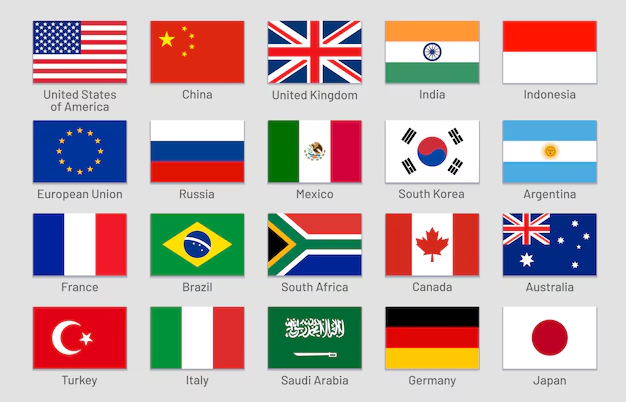Table of Contents
Names carry power, identity, and history. In recent years, several nations have taken bold steps to redefine how the world recognizes them each renaming rooted in culture, politics, and national pride. From Africa to Europe and Asia, these countries decided it was time the world called them by names that truly represent who they are.
1. Türkiye: Reclaiming National Identity

In 2022, Turkey officially adopted the name “Türkiye”, a shift that reflected a deeper desire to embrace its true cultural and linguistic identity. The Turkish government explained that the new name better represents the spirit of the nation and distinguishes it from the English word “turkey.”
After Ankara’s formal request, the United Nations officially recognized the change, ensuring “Türkiye” would be used across all global institutions and platforms.
2. Republic of North Macedonia: A Diplomatic Resolution

For decades, the name “Macedonia” stirred tensions between Greece and its northern neighbor. To resolve this historic dispute, the country agreed in 2019 to become the Republic of North Macedonia.
The compromise not only ended years of disagreement but also opened doors for the nation to join NATO and strengthen its path toward European Union membership. It was more than a name change—it was a symbol of progress and diplomacy.
3. Kingdom of Eswatini: Returning to African Roots

When King Mswati III declared in 2018 that Swaziland would henceforth be known as Eswatini, meaning “land of the Swazis”, it was both a celebration and a statement. The announcement coincided with the country’s 50th independence anniversary, marking a proud return to pre-colonial identity.
Beyond symbolism, the change also resolved a long-standing confusion with Switzerland, reinforcing Eswatini’s unique place on the world stage.
4. Czechia: Simplifying a Global Brand

In 2016, the Czech government approved “Czechia” as the nation’s short, official name, offering a simpler alternative for everyday use. While “Czech Republic” remains valid for formal occasions, “Czechia” was designed to fit better in international sports, business, and media contexts.
This strategic rebranding gave the country a more modern and unified image, making it easier for the world to recognize and relate to.
5. Cabo Verde: Preserving Portuguese Heritage

Off the coast of West Africa, the island nation once known as Cape Verde sought to reaffirm its identity. In 2013, it officially requested to be called Cabo Verde its name in Portuguese across all United Nations languages.
The goal was to honor its linguistic and cultural roots while ensuring global consistency. Today, Cabo Verde proudly stands as a symbol of unity between heritage and modern identity.
From Türkiye to Cabo Verde, these changes remind us that a name is more than just a word, it’s a declaration of who a nation truly is. Whether driven by culture, diplomacy, or branding, each of these countries has taken a powerful step toward reclaiming its narrative and reshaping how the world perceives it.
Get real time update about this post category directly on your device, subscribe now.
Discover more from The Trenet
Subscribe to get the latest posts sent to your email.


